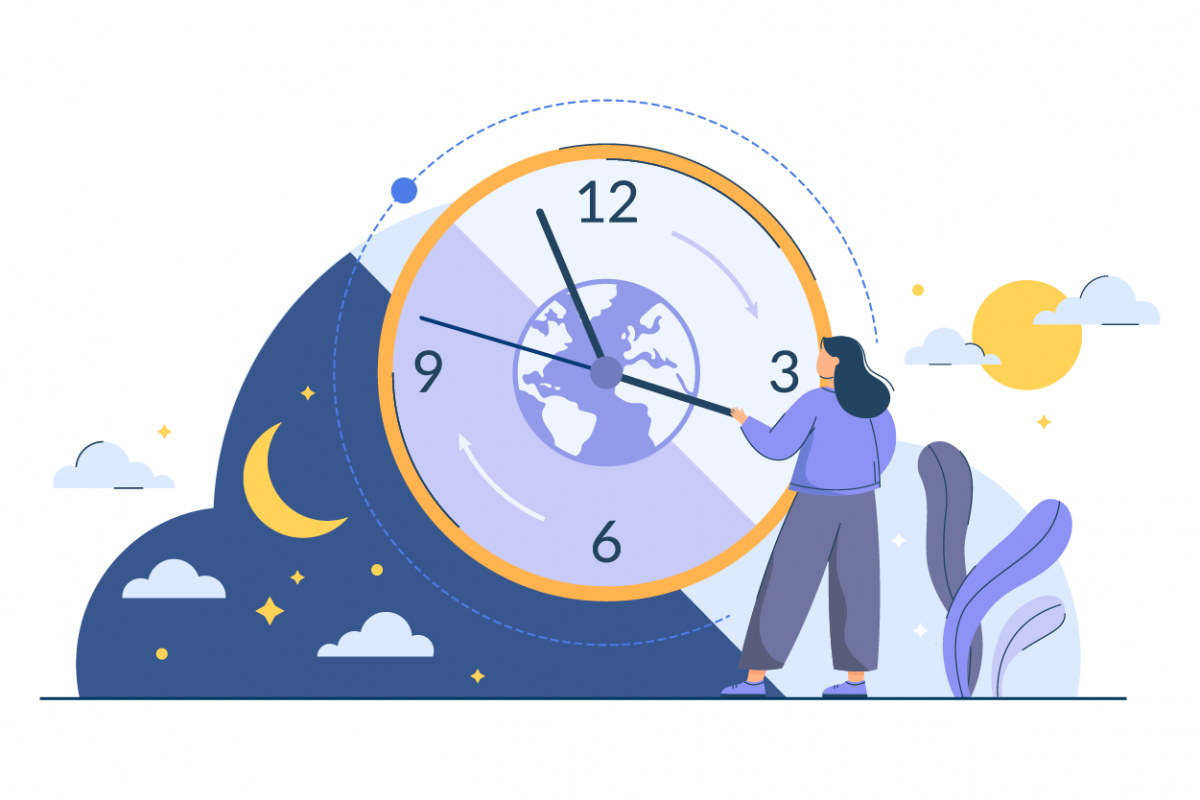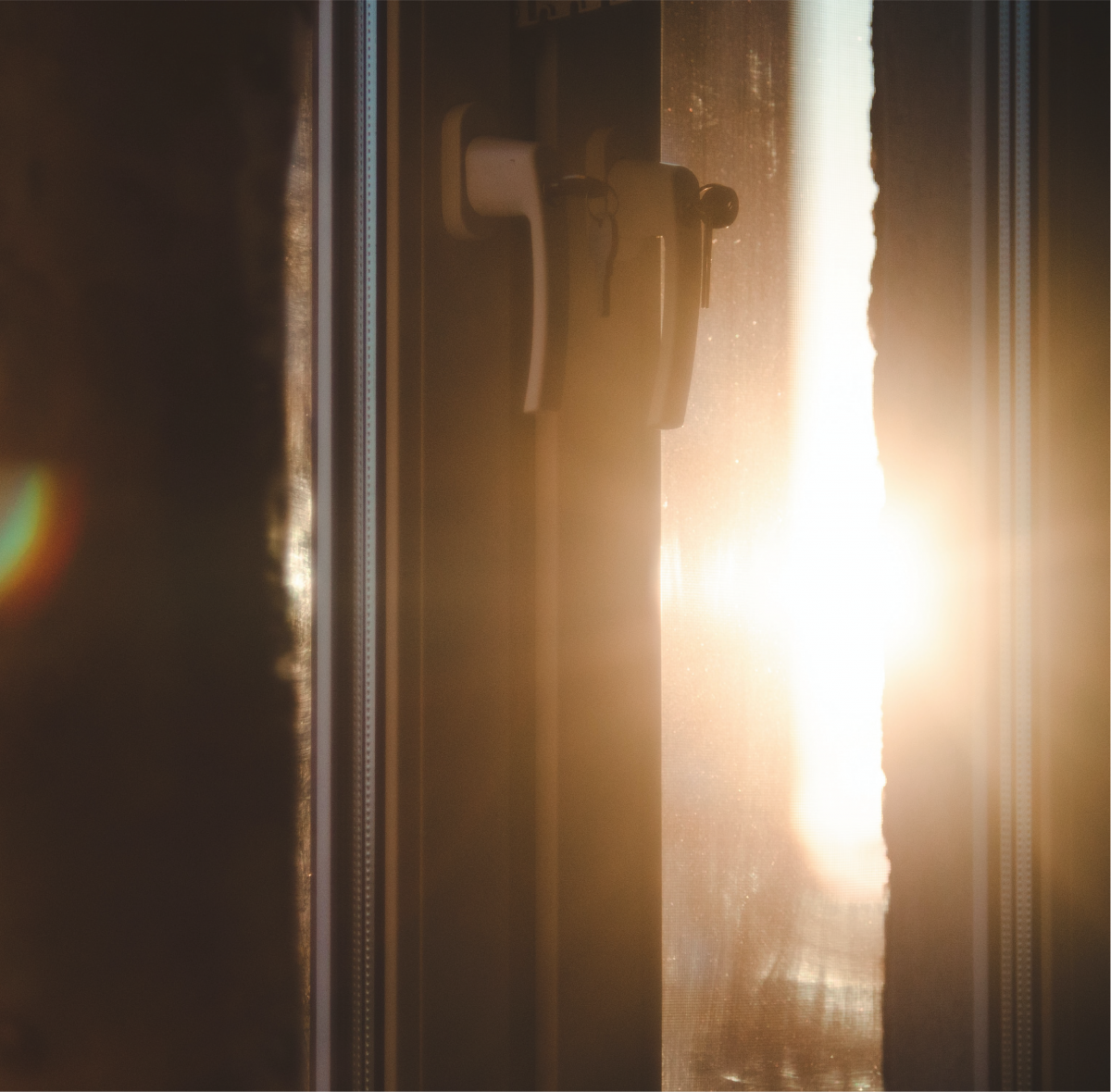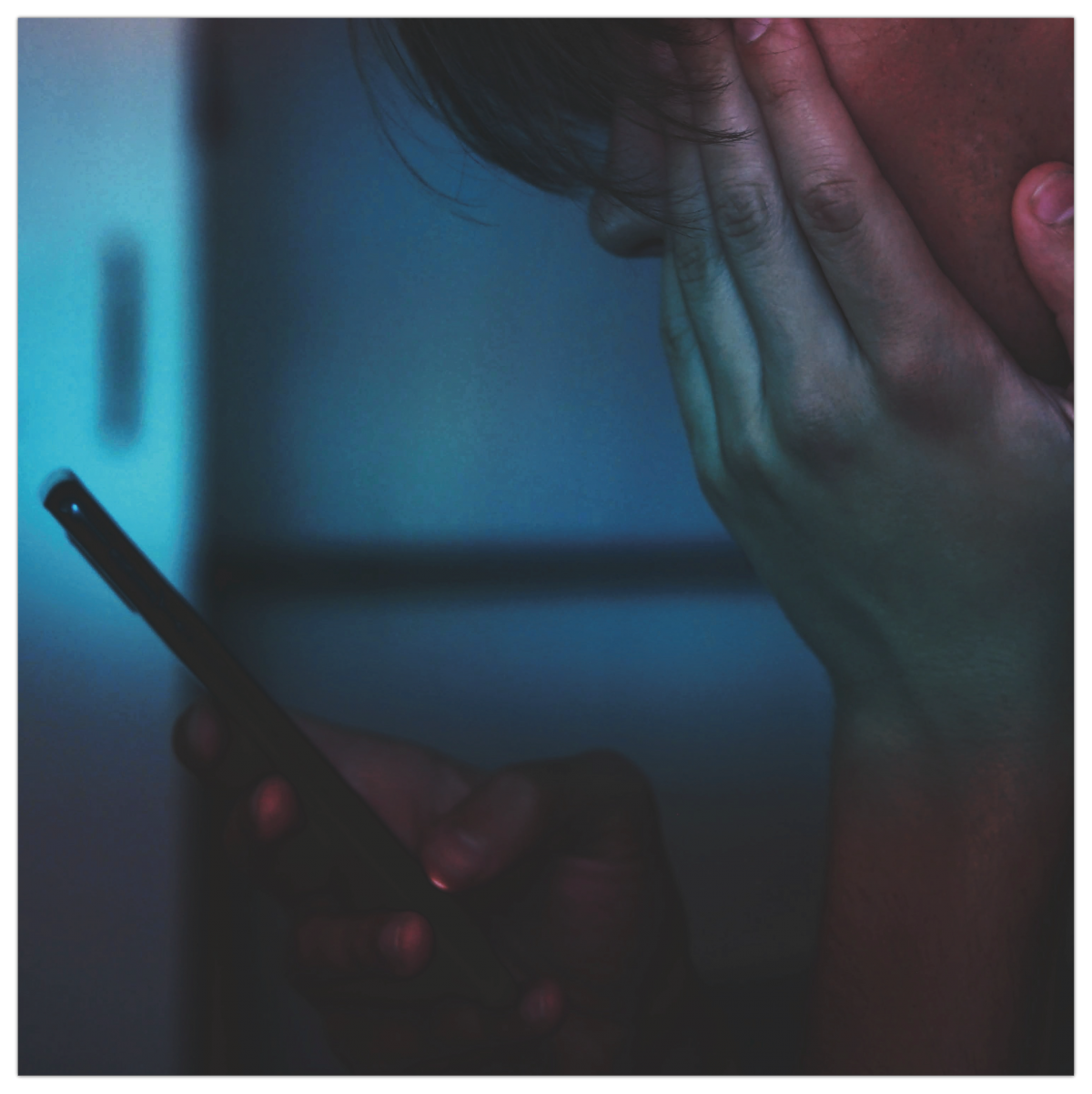
Do you ever feel rushed in the morning?
Adjusting one part of your sleep routine may help you gain control over the time you want to get up in the mornings.
Minimising artificial light

Light exposure during the day helps align your body clock with sunrise and sunset, meaning you are more likely to stay awake during the day and sleep in the evening.

Some research suggests that seeing bright, artificial light in the late evenings, shortly before bedtime, can disrupt your sleep (Camden and Islington NHS Foundation Trust, 2022; Suni, 2022).

Avoiding extended screen time (TV/phone) before going to sleep, is one way to reduce exposure to bright, artificial light. Giving yourself moments to relax and settle before bed.

You could use your devices to help you fall asleep, such as listening to soundscapes or guided meditation through an app.
What works best for you?
Your ability to wake up in the morning may be dependent on how you choose to wind down before going to bed. Reducing screen time in the evenings is one place to start.
What will you change about your sleep habits?
References
Camden and Islington NHS Foundation Trust (2022) Sleep. Available at: https://www.candi.nhs.uk/wellbeing/sleep (Accessed: 15 December 2022).
Suni, E. (2022) Light & Sleep. Available at: https://www.sleepfoundation.org/bedroom-environment/light-and-sleep (Accessed: 14 December 2022).

Thought-provoking snippets
Habits | Part of the Skills for Study Shorts series.



